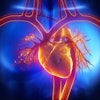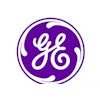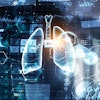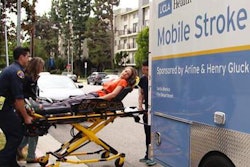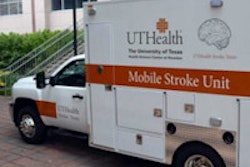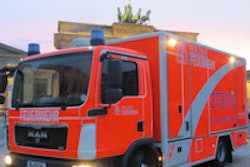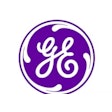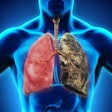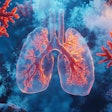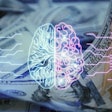"Time is brain" in stroke care -- and far too much of both are being lost, according to a neurologist-led study in Stroke that documents the delays most patients are experiencing in many hospitals before the critical step of brain imaging occurs.
The study found that just 41.7% of stroke patients underwent brain imaging within the recommended 25 minutes of their arrival at a hospital (Stroke, May 2012, Vol. 43:5, pp. 1279-1294).
In addition, researchers found several variables associated with a lower likelihood of being imaged within 25 minutes: age over 70 years; female gender; nonwhite race; history of diabetes, peripheral vascular disease, or prosthetic heart valve; not arriving in an ambulance; arriving more than an hour after symptom onset; and arriving at a hospital located in the Northeast.
Patients with National Institutes of Health Stroke Scale scores of 16 to 25 were most likely to undergo imaging within the recommended 25 minutes, the group reported.
The most troubling finding was that fewer than half of patients were being scanned within recommended guidelines, said lead author Dr. Adam G. Kelly, a neurologist at University of Rochester Medical Center in Rochester, NY. Considering that the hospitals in the study were all participating in a national quality improvement program, rates in other hospitals may be even worse, he added.
Imaging with CT or MRI is the only way to determine if the symptoms represent ischemic stroke and whether patients are candidates for clot-busting tissue plasminogen activator (tPA) therapy, which is most effective within the first few hours of symptom onset.
The study also found that patients who were scanned within the recommended time period were more likely to receive tPA (63%), compared with those who were scanned later (38%). The researchers determined that tPA, when administered, was given earlier in patients who were scanned quickly upon arrival at the hospital.
The study shows the need for much improvement in hospitals' response to incoming stroke patients, Kelly and colleagues concluded.

